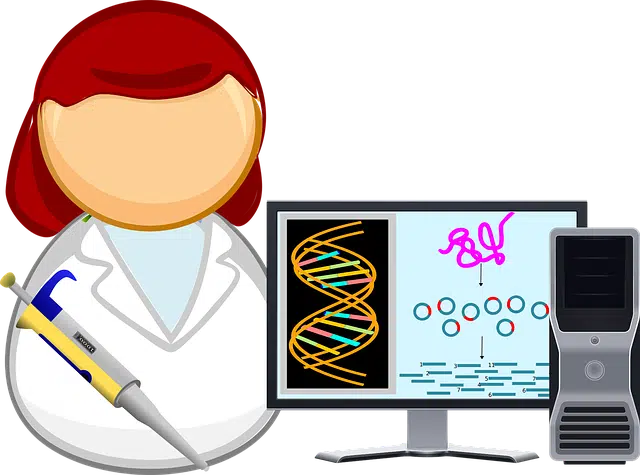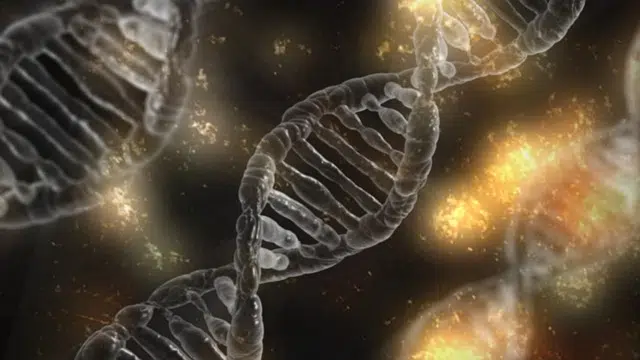
Genetics is a branch of biology.
We must go back to Greek in order to establish the etymological origin of the concept of genetics . More precisely within said language we can establish that it is formed from the union of two words: genos which can be translated as race, birth or origin, and the suffix -ikos whose meaning is "relative to."
Therefore, by establishing this union and the corresponding description of the etymological origin, we can determine that the literal meaning of genetics is that of that which is relative to the birth or race of a being .
Genetics concept
Genetics is the branch of biology that is responsible for the study of what is transmitted in successive generations through genes . The concept also refers to what is linked to the beginning , the beginning or the root of something.
For example: "The child suffers from a genetic disease and urgently needs a transplant to be able to continue living" , "I think the secret of my jumping ability lies in genetics" , "It is a dog with good genetics that will surely remain healthy until old age .
It is possible to subdivide genetics into different branches, such as molecular (focused on how DNA is composed and duplicated), quantitative (studies the effects generated by genes on a phenotype) and Mendelian or classical (focused on the knowledge of genes and chromosomes to understand how they are transmitted through different generations), among many others.

Genetic information is encoded in DNA.
Transfer of inheritance
Genetics, in short, analyzes how the inheritance of biology is transmitted from one individual to another. Its main objective is to explain the way in which traits and various qualities are passed from parents to their descendants.
These transfers are developed through genes , composed of fragments of deoxyribonucleic acid or DNA , a molecule that is responsible for encoding the genetic data present in cells.
DNA , which controls the functions, behavior and structuring of each cell, has the ability to replicate and produce a copy of itself.
Genetic diseases
Based on all of the above, we can establish that there are also so-called genetic diseases, which are those that occur as a consequence of the alteration of the genome. At a basic level they can be classified as hereditary and non-hereditary.
Among the diseases of this type, several stand out, among which are, for example, Tourette syndrome, which is fundamentally characterized because the person in question has a neuropsychiatric disorder that leads them to have a multitude of tics, whether at the vocal level. or on a physical level.
Along with it, there is also Canavan disease, which is hereditary and is characterized by the fact that those who suffer from it suffer progressive degeneration of the white matter of the brain. This fact means that the person who suffers from it has a very short lifespan and, at most, reaches the first years of adulthood.
